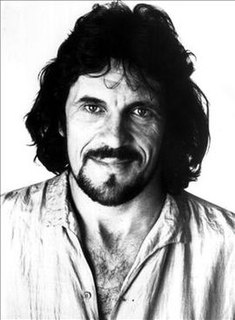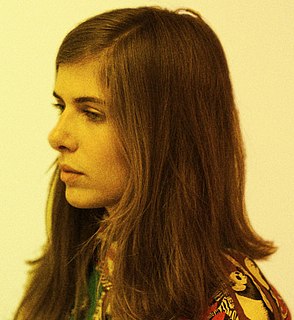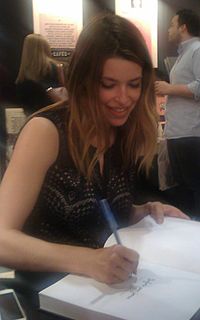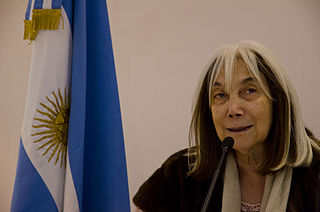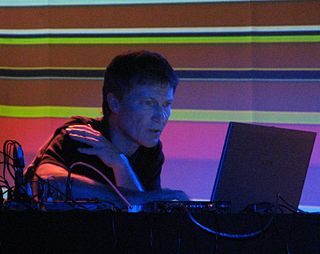A Quote by Eduard Hanslick
The course hitherto pursued in musical aesthetics has nearly always been hampered by the false assumption that the object was not so much to inquire into what is beautiful in music as to describe the feelings which music awakens.
Related Quotes
The beautiful is and remains beautiful though it arouse no emotion whatever, and though there be no one to look at it. In other words, although the beautiful exists for the gratification of an observer, it is independent of him. In this sense music, too, has no aim (object), and the mere fact that this particular art is so closely bound up with our feelings by no means justifies the assumption that its aesthetic principles depend on this union.
If you have words and want to write music for them, the words hit you with a feeling which you can't really describe in words, and so what you do is to put music to them and in this way you make contact with the words, through the musical thing. It happens when two feelings come together and they do something together and they compliment each other.
Vocals are not central to what I do, and I've never liked singing live. I've always been more inspired by rhythm, texture, harmony than vocal melodies and lyrics. Plus, for me, I can better express my musical ideas through instrumental music than vocal music, the emotional interpretation of which can easily supersede the actual musical content or aim.
It [music] has an awakening function. Life is a rhythm. Art is an organization of rhythms. Music is a fundamental art that touches our will system. In Schopenhauer's The World as Will and Idea he speaks of music as the sound that awakens the will. The rhythm of the music awakens certain life rhythms, ways of living and experiencing life. So it's an awakener of life.
The white music was melodic and pretty, and you had beautiful women's voices like Gogi Grant and even the Andrews Sisters. Then I went directly to rhythm and blues, which had beautiful voices but not much melody in particular and pretty much the same chord pattern. I loved it, I was entrenched in it, but then folk music came in the middle of that for me, and made its own path. And it was part of the rebellion against bubblegum music, or music that is pretty but doesn't say anything.
Jesus, music has always been my first love. I use music in my work because it's the fastest way to an emotional place. You hear a song, and that memory comes right back-- you're there... Making music is immediate, and it's all about you. If you're playing guitar, the feeling comes through-- the way you bend the note, the intensity with which you hit the strings. With making films, although it's real emotion, it's false emotion. You're lying.
NEU!'s music will always ("für immer") be a part of me and I absolutely stand to what we've created. Of course I have changed since and I judge my contributions to NEU!'s music of the 70's in a historical context. They were both a description of my feelings back then as well as an expression of my musical abilities and limitations. It would be a mistake to ignore the time factor and it would be an artistic shortcoming to pick up on the old concept without doing any changes. There is no way this is going to happen anyway.
Music is neither old nor modern: it is either good or bad music, and the date at which it was written has no significance whatever. Dates and periods are of interest only to the student of musical history. . . . All old music was modern once, and much more of the music of yesterday already sounds more old-fashioned than works which were written three centuries ago. All good music, whatever its date, is ageless - as alive and significant today as it was when it was written

